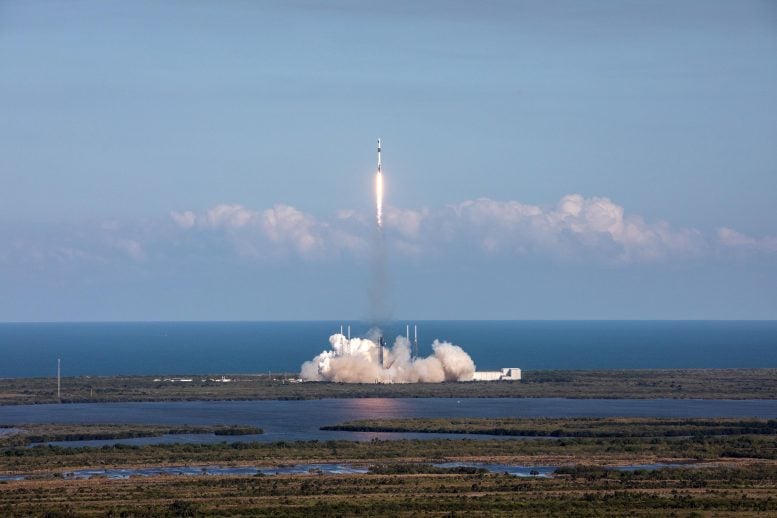
A SpaceX Falcon 9 rocket soars upward after its liftoff from Space Launch Complex 40 at Cape Canaveral Space Force Station in Florida at 4:55 p.m. EDT on Thursday, March 21, on the company’s 30th Commercial Resupply Services mission for the agency to the International Space Station. The spacecraft is expected to spend about a month attached to the orbiting outpost before it returns to Earth with research and return cargo, splashing down off the coast of Florida. Credit: NASA/Glenn Benson
A commercial mission carries science to the space station…
Highlighting progress in the fight against cancer…
And preparing to test new hardware for NASA’s Artemis Moon rocket…
A few of the stories to tell you about – This Week at NASA!
Commercial Mission Launches Science to the Space Station
On March 21, an uncrewed SpaceX Dragon spacecraft launched from Cape Canaveral Space Force Station with scientific investigations, and other supplies for the crew aboard the International Space Station. The science being delivered to the station includes a study on plant metabolism in space, new sensors to provide 3D mapping capabilities for the station’s free-flying Astrobee robots, and a study that could benefit solar cell technology. This is SpaceX’s 30th commercial resupply services mission to the space station for NASA.
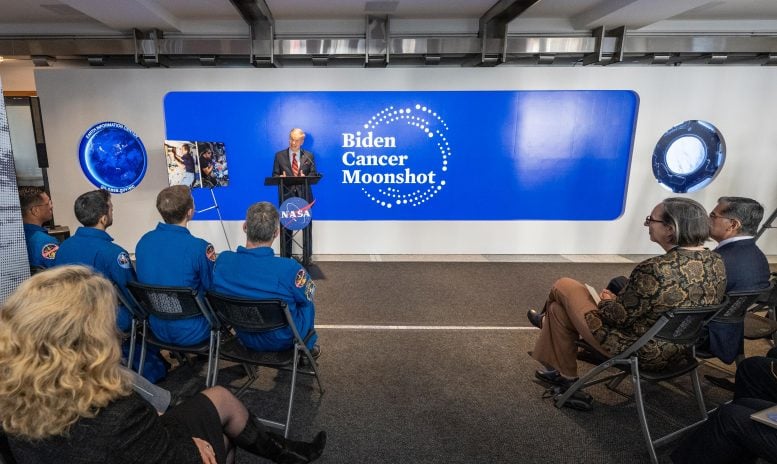
NASA Administrator Bill Nelson delivers remarks during an event with Department of Health and Human Services Secretary Xavier Becerra to highlight how the agencies are making progress toward President Joe Biden and First Lady Jill Biden’s Cancer Moonshot initiative, Thursday, March 21, 2024, in the Earth Information Center at the Mary W. Jackson NASA Headquarters building in Washington. Credit: NASA/Keegan Barber
NASA Hosts Cancer Moonshot Event
During a March 21 event at NASA’s headquarters in Washington, NASA and the Department of Health and Human Services highlighted progress the agencies are making toward President Joe Biden and First Lady Jill Biden’s Cancer Moonshot initiative. The initiative has a goal of cutting the nation’s cancer death rate by at least 50% in the next 25 years. NASA is conducting scientific research on the International Space Station and working with other federal agencies to help end cancer as we know it.
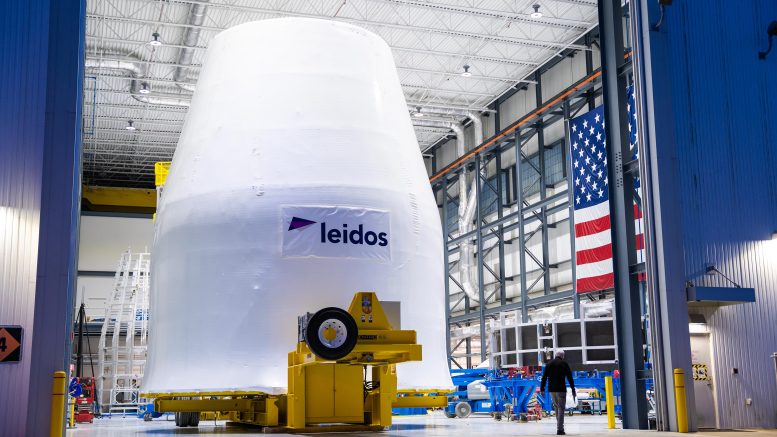
A test version of the universal stage adapter for NASA’s more powerful version of its SLS (Space Launch System) rocket arrived to Building 4619 at NASA’s Marshall Space Flight Center in Huntsville, Alabama, on February 22 from Leidos in Decatur, Alabama. The universal stage adapter will connect the rocket’s upgraded in-space propulsion stage, called the exploration upper stage, to NASA’s Orion spacecraft as part of the evolved Block 1B configuration of the SLS rocket. Credit: NASA/Sam Lott
Adapter for More Powerful Moon Rocket Delivered for Testing
A test version of the universal stage adapter for the more powerful version of NASA’s Space Launch System, or SLS rocket, recently was delivered to NASA’s Marshall Space Flight Center. The universal stage adapter will connect the rocket’s upgraded in-space propulsion stage to the Orion spacecraft as part of the evolved Block 1B configuration of the SLS. The Block 1B, which will debut on Artemis IV, will increase the rocket’s payload capability and enable it to send more than 84,000 pounds to the Moon in a single launch.
Honoring Space Pioneer Thomas Stafford
Former NASA Gemini and Apollo astronaut Thomas Stafford passed away on March 18. Stafford was critical to the earliest successes of our nation’s space program and was instrumental in developing space as a model for international cooperation. He flew on Gemini 6, NASA’s first rendezvous in space; commanded Apollo 10, the first flight of the lunar module to the Moon and was commander for NASA’s first rendezvous with an international spacecraft on the Apollo-Soyuz mission. Thomas Stafford was 93 years old.
That’s what’s up this week @NASA.

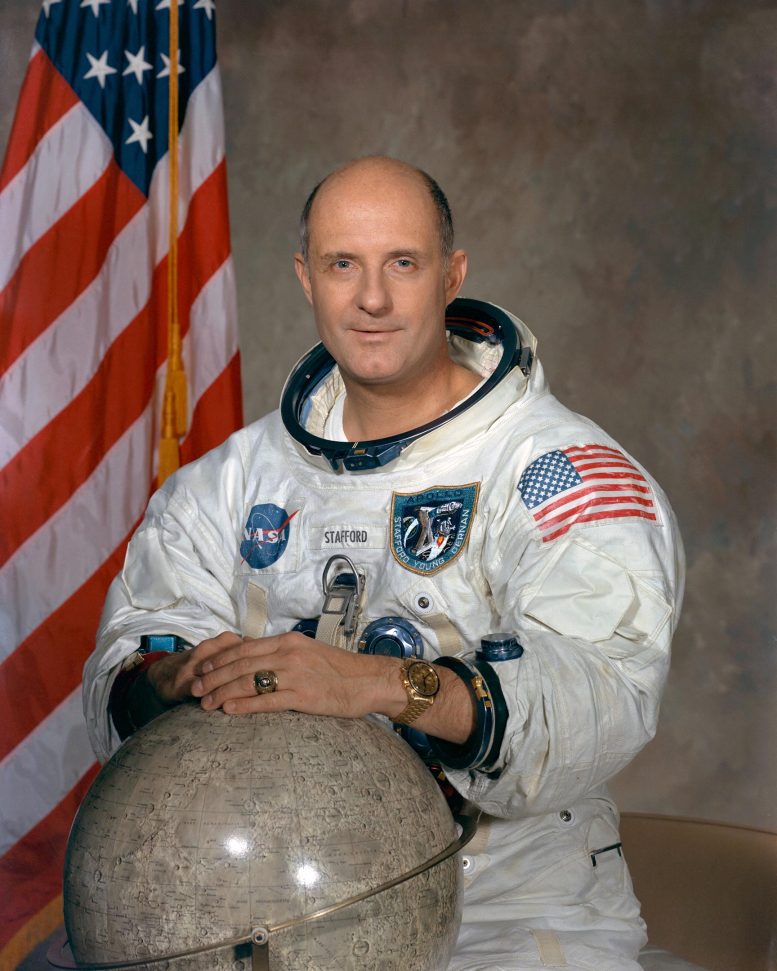
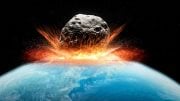
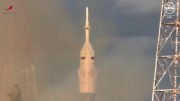

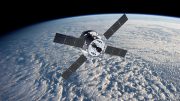

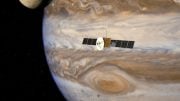
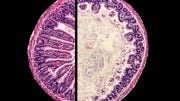
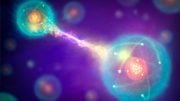
Be the first to comment on "This Week @NASA: A Commercial Mission Carries Science to the Space Station"